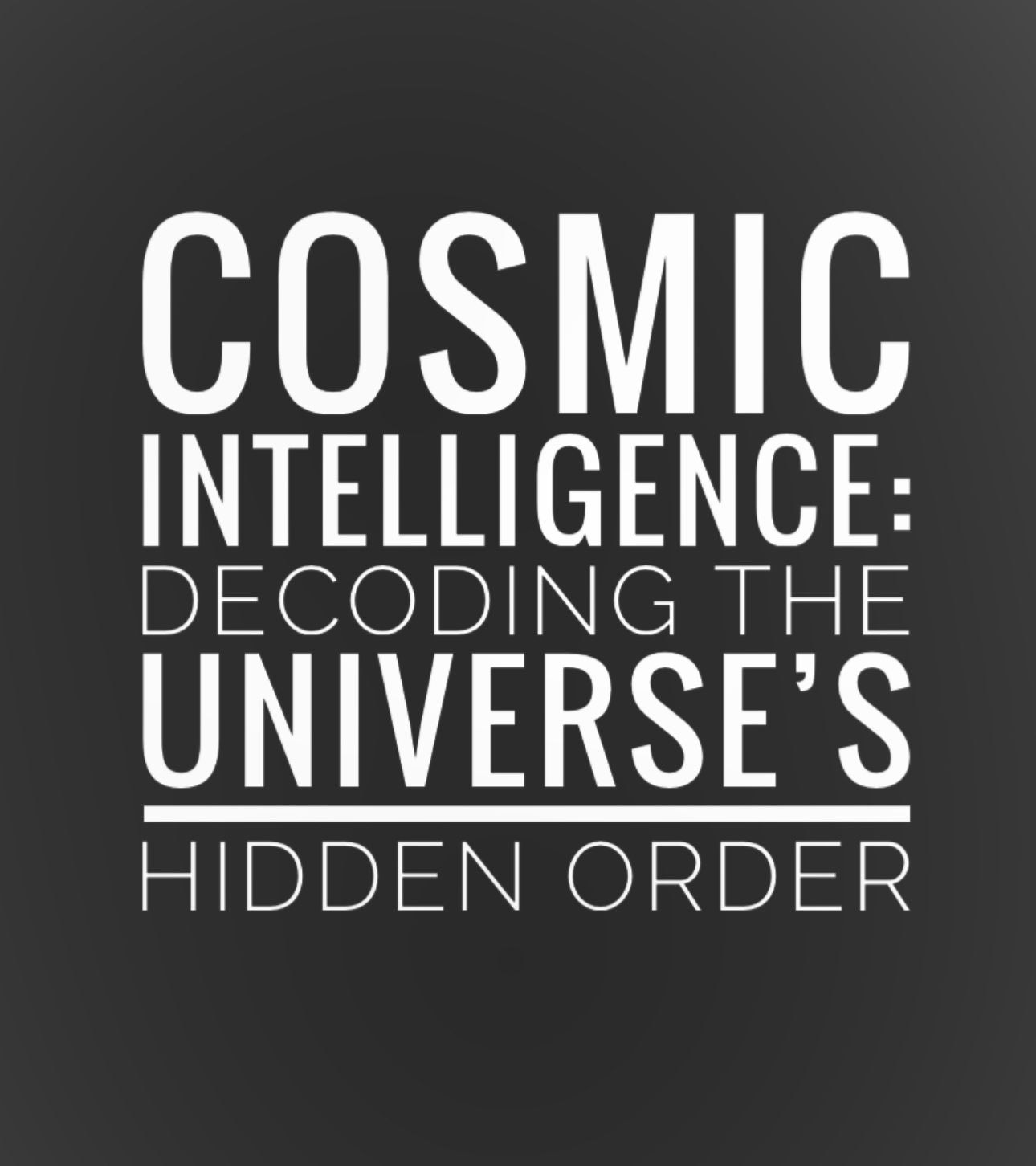Have you ever considered that the predictable patterns and structures we observe in the universe might reflect a form of inherent intelligence? The physical laws governing everything from the orbits of planets to the formation of snowflakes suggest more than just randomness—they embody an intricate order.
This isn’t about attributing consciousness to these laws, but rather appreciating their role as the backbone of the cosmos. These laws provide a framework within which complexity and chaos can unfold in predictably beautiful ways. They might not think or feel, but in their consistency and reliability, there is a kind of wisdom—a blueprint for the universe that allows us to understand and predict natural phenomena.
Why does this matter? Recognizing this perspective enriches our appreciation of the universe and highlights the profound connection between empirical science and deeper philosophical inquiry. It invites us to ponder not just how things happen, but why there is an order to the universe at all.
As we continue to explore the cosmos and unlock the mysteries of nature, let’s also appreciate the ‘intelligence’ embedded within the laws that make it all possible. What might this understanding mean for our future explorations? How might it influence the way we think about innovation, technology, and our own role within this intelligently structured universe?

